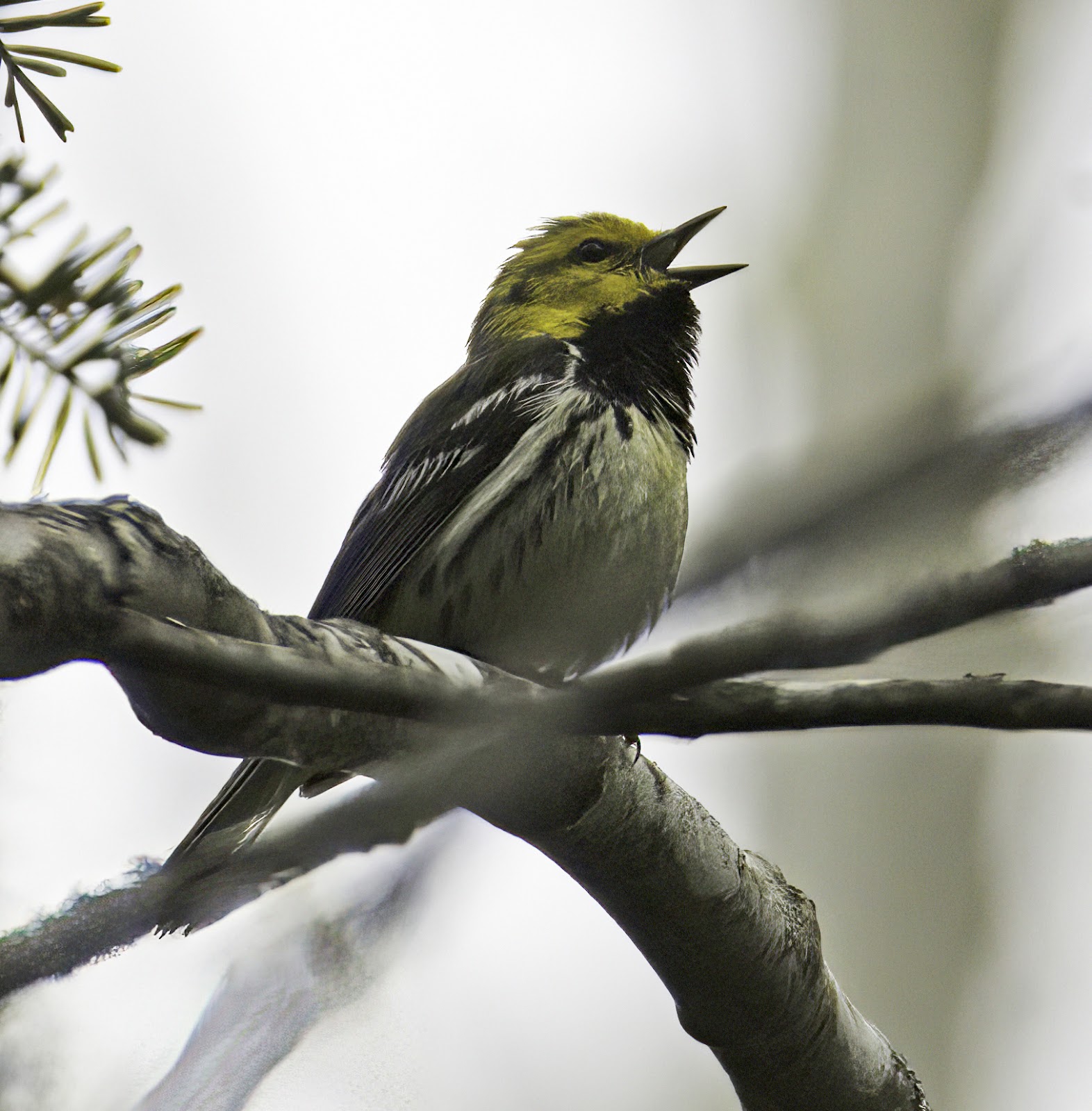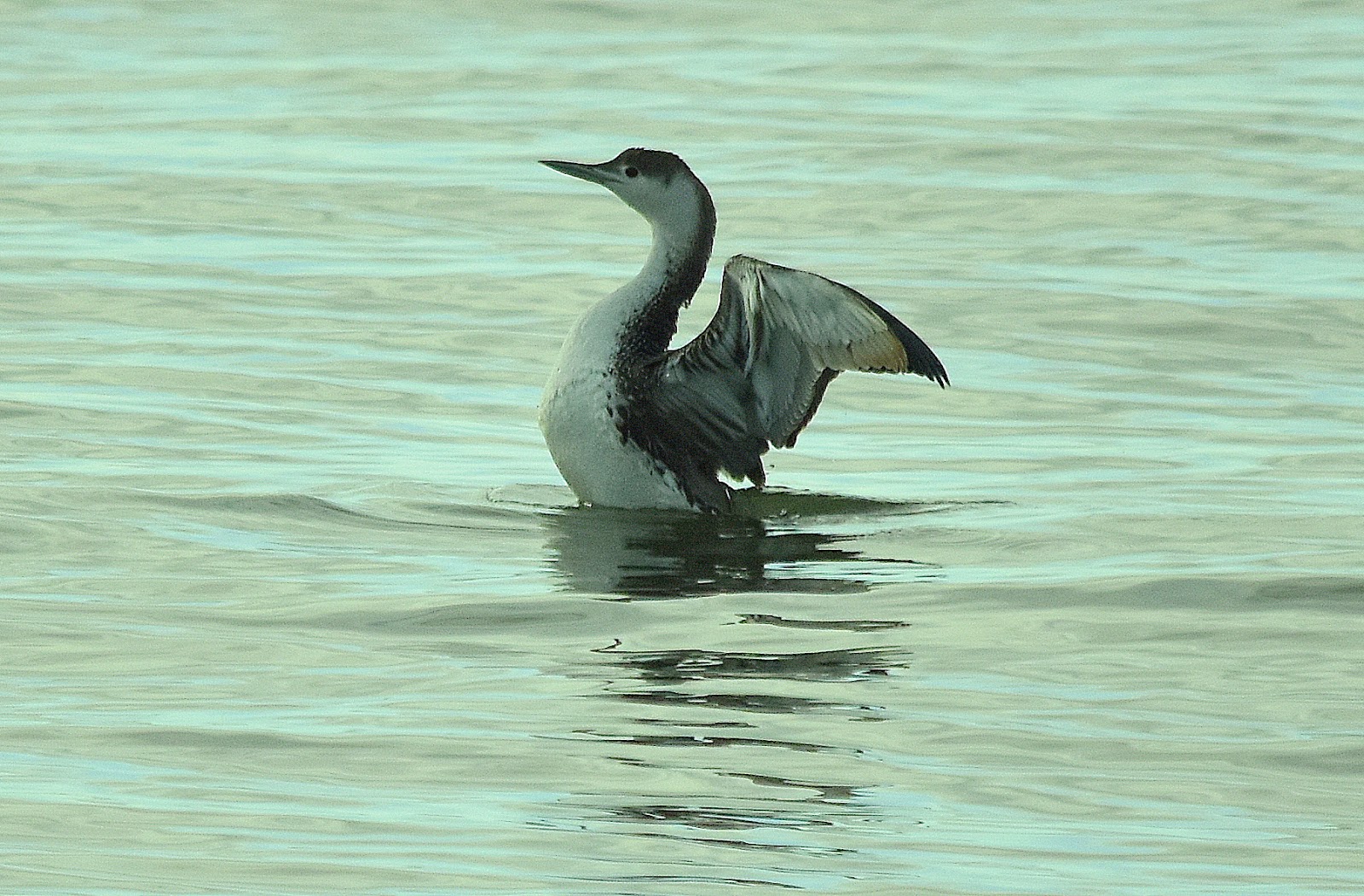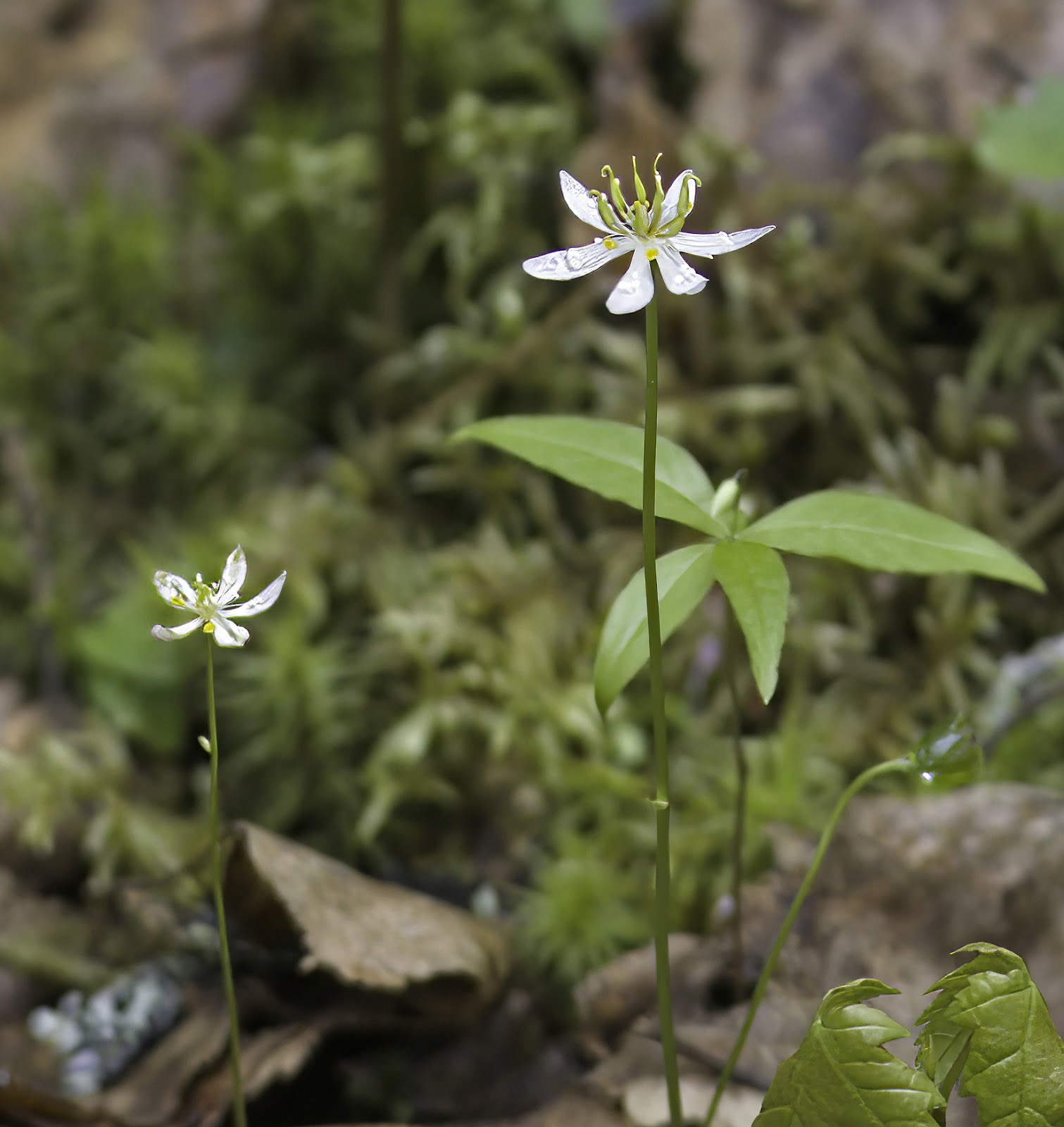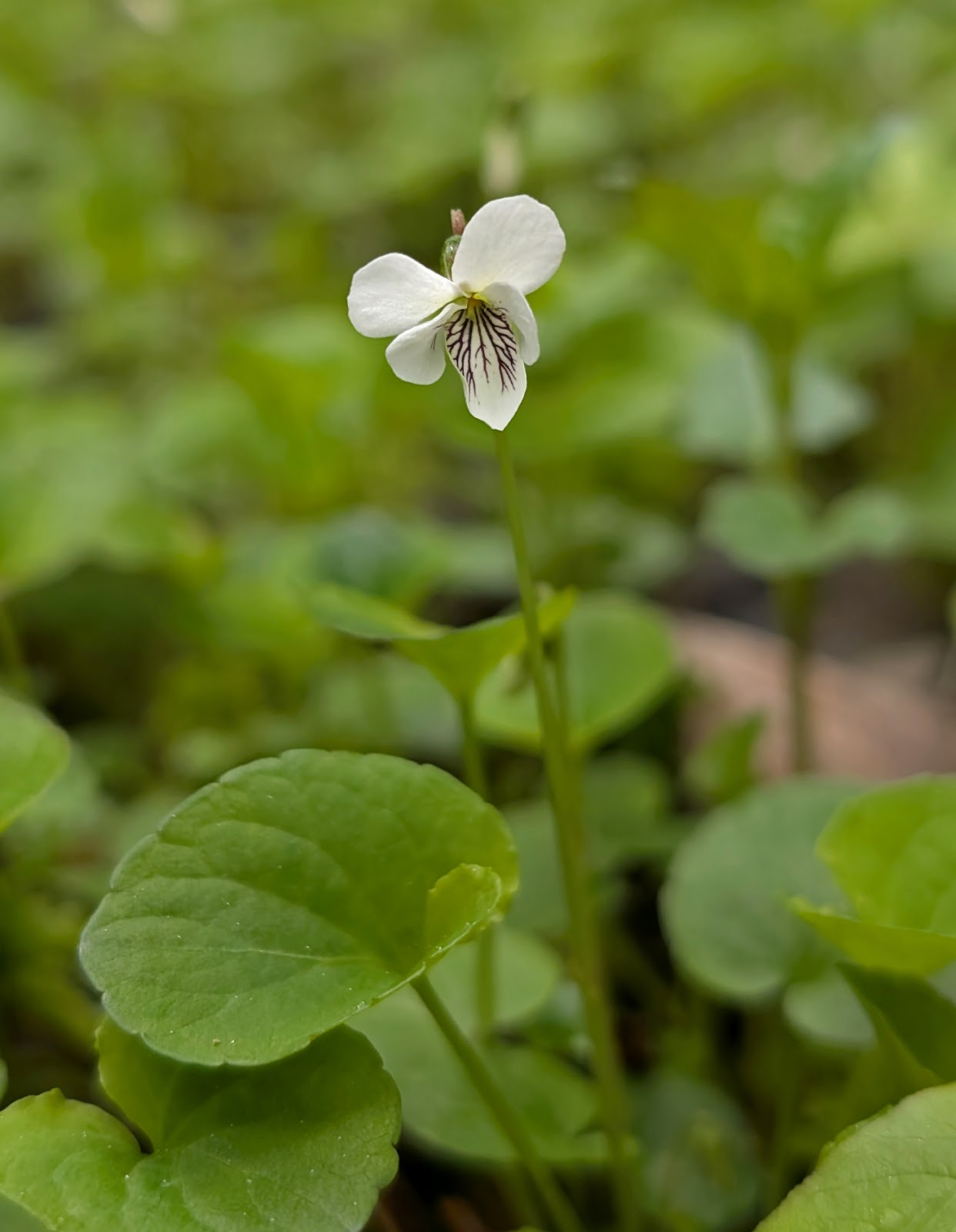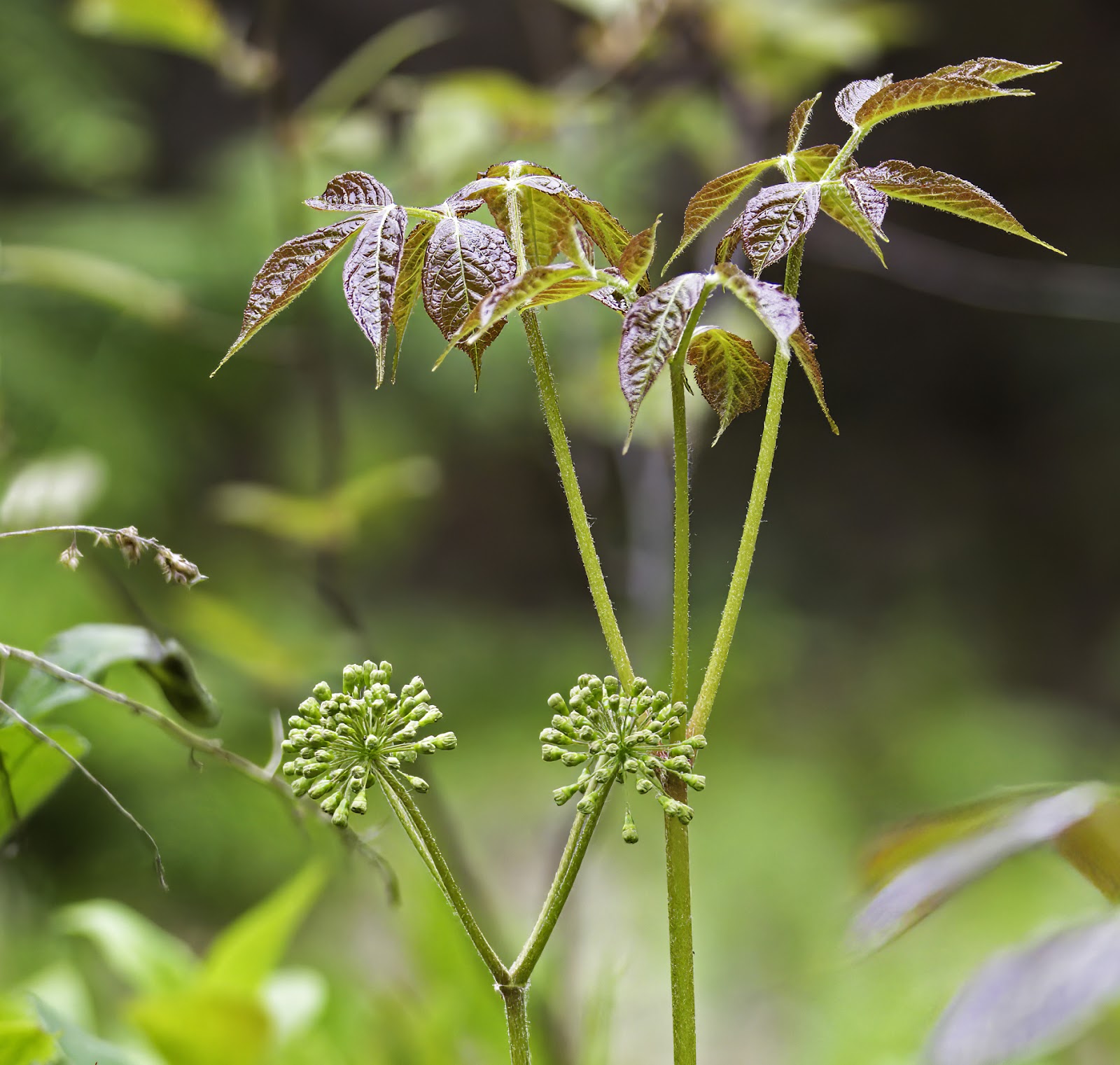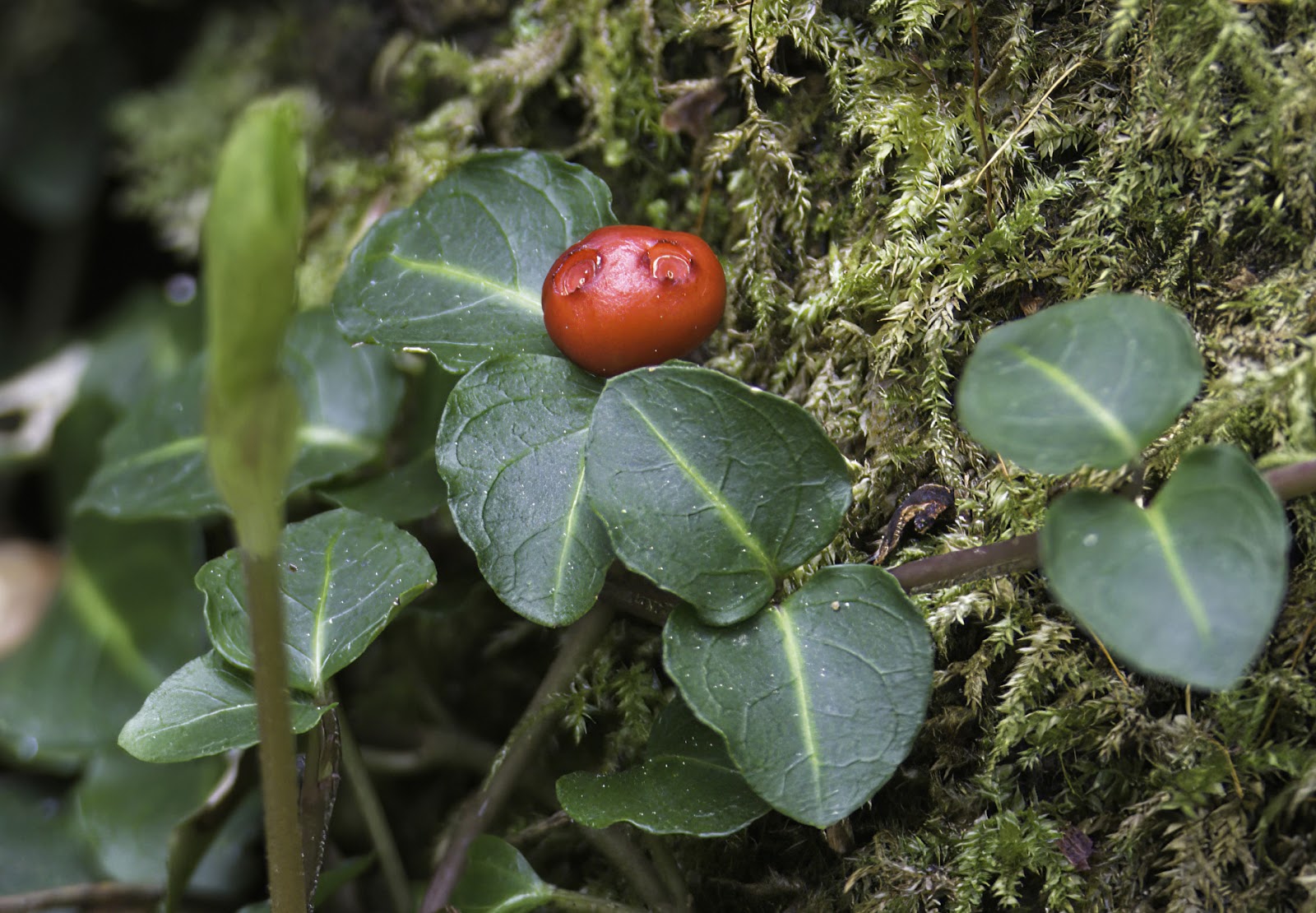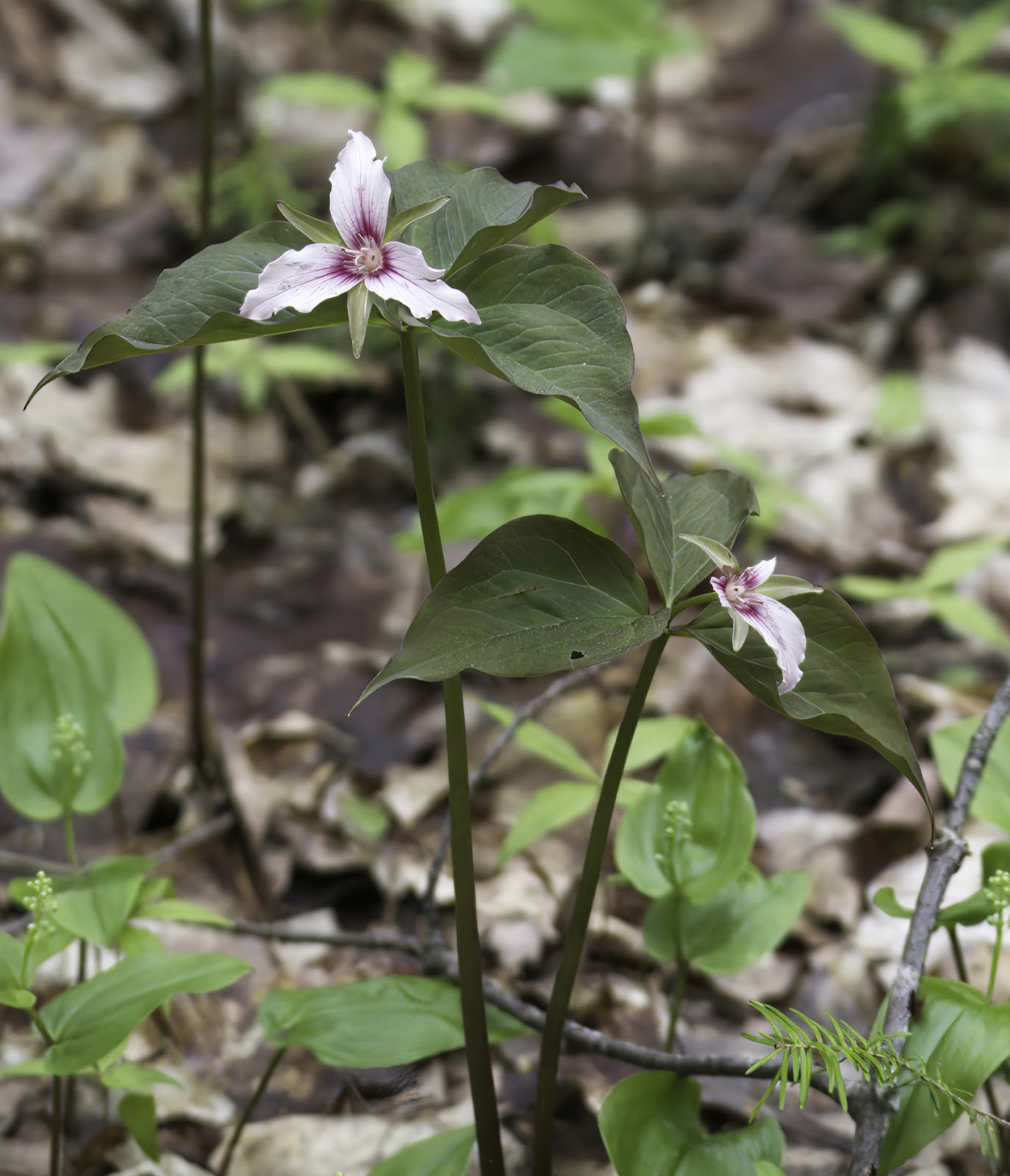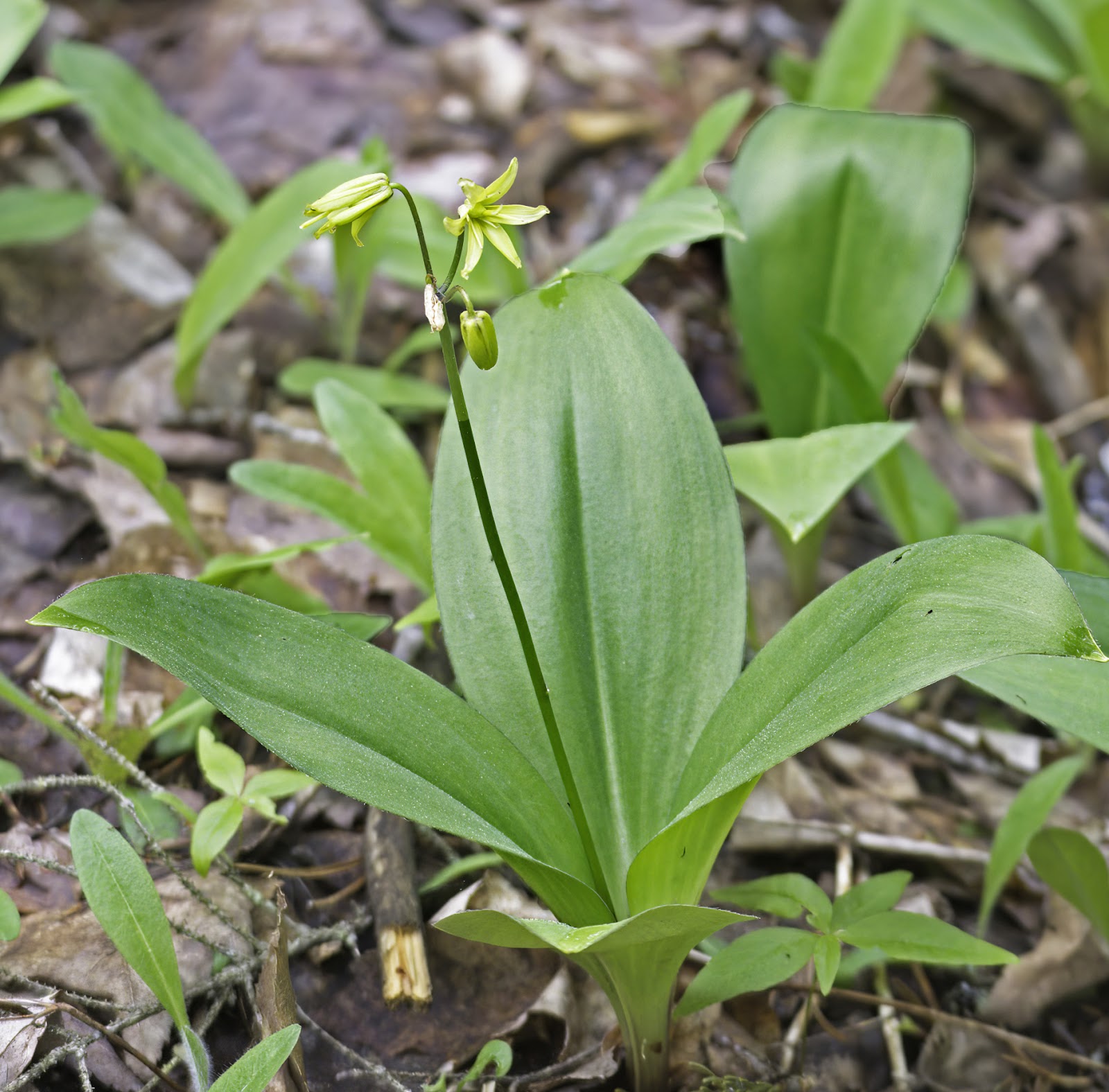NATURE
MONCTON NATURE NEWS
May 22, 2025
Nature Moncton members, as
well as any naturalist in New Brunswick or beyond, are invited to share
their photos and descriptions of recent nature sightings to build a fresh
(almost) daily edition of Nature News
To
respond by e-mail, please address your message to the information line
editor, nelsonpoirier435@gmail.com .
Please advise the editor at nelsonpoirier435@gmail.com and the proofreader Louise Nichols at Nicholsl@eastlink.ca if any errors are noted in wording or photo labelling.
For more information
on Nature Moncton, check the website at www.naturemoncton.com
Proofreading
courtesy of Nichols nicholsl@eastlink.ca
To
view the live feed of the Peregrine Falcon nest cam on the summit of Assumption
Place in Moncton, go to:
** Due to weather conditions this week and the weather forecast for this weekend, the Nature Moncton Warbler walk scheduled
for this coming Saturday, May 24, is postponed until next Saturday, May
31.
**Peter and Deana Gadd had two Baltimore orioles to
their Miramichi yard that spent the whole day feeding at a few different
feeders. One appeared to be a maturing male (note the
black bib) while the other seemed to be a female. They divided their time
between peanuts, seeds, and oranges, spending most of their time on the latter.
They at times had to share their orange-coloured feeders with a chipmunk
and a ruby-throated hummingbird and with each other. There did not seem
to be much cooperation between them. Also at the feeders were two white-crowned
sparrows, a Lincoln’s sparrow, a rare for them pine siskin, and the
romancing northern cardinal pair, amongst other birds. A video of the feeding
female Baltimore oriole can be seen at https://flic.kr/p/2r5Kz69.
**Jane LeBlanc noticed a red-throated loon
on the bay at St. Martins, just at high tide, as she walked her dog on the
beach on Wednesday.
(Editor’s note: A red-throated loon should be
in breeding plumage at this point, but Jane’s photo shows it in non-breeding
plumage. It takes the red-throated loon two to three years to reach maturity, so I am
assuming this is an immature bird.)
**Pat Gibbs photographed a male red-winged
blackbird that has frequently been around her yard. Pat noted the white
band seemingly predominant in the wing epaulette and wondered if this was
normal.
Gilles Belliveau gave his comment below, a point
that many of us may not be aware of:
“The pale stripe is always there but is
sometimes hidden as they can cover it with the red, and sometimes it appears
more yellow, while other times it can appear quite pale yellow, which can
appear almost white based on light conditions.”
**Aldo Dorio had a female yellow-rumped
warbler visit his Neguac yard on Wednesday.
**John Inman had a pair of rose-breasted
grosbeaks return as most of the regular patrons left due to too many blue jays
to compete with. The peregrine falcon was back in for another blue jay on
Wednesday, starting to sound like it is using John’s yard as its grocery depot,
as it is very possibly feeding young nearby at the moment.
**On Wednesday, Brian Stone walked a shorter
version of the trail behind Crandall University to check on the development of
wildflowers that bloom there regularly. The painted trilliums were in
bloom at last, and Brian saw a dozen or more in a specific area, but none
outside that area. Pink lady's slipper orchids were pushing up and
preparing to bloom in the next few weeks. Clintonia (blue bead lily) was
just starting to bloom -- Brian only noted one plant with flowers open, but
many with flower buds ready to open soon. Sarsaparilla was producing its
spiky flower balls, and some partridge berry plants had leftover red berries
still on them. Brian noticed a few three-leaf goldthread flowers for the
first time out there, and a false morel mushroom was looking quite fat.
(Editor’s note: The false morel mushroom fruits in
spring and is not considered edible unless specific precautions are taken when
cooking, as they contain a heat-labile toxic gas. It is easy to distinguish
from the true morels, which are much less common in New Brunswick.)
He somehow noticed a small patch of
really tiny white violets growing alongside a wet, mossy stream bank,
and he managed to get down to ground level with his phone to get a few photos
of the 4 or 5 mm size flowers (getting back up was an event of a different
caliber). Birds were scarce behind Crandall University, but Brian managed photos
of a chestnut-sided warbler and a black-throated green warbler to
finish off.
Nelson Poirier.
Nature Moncton



